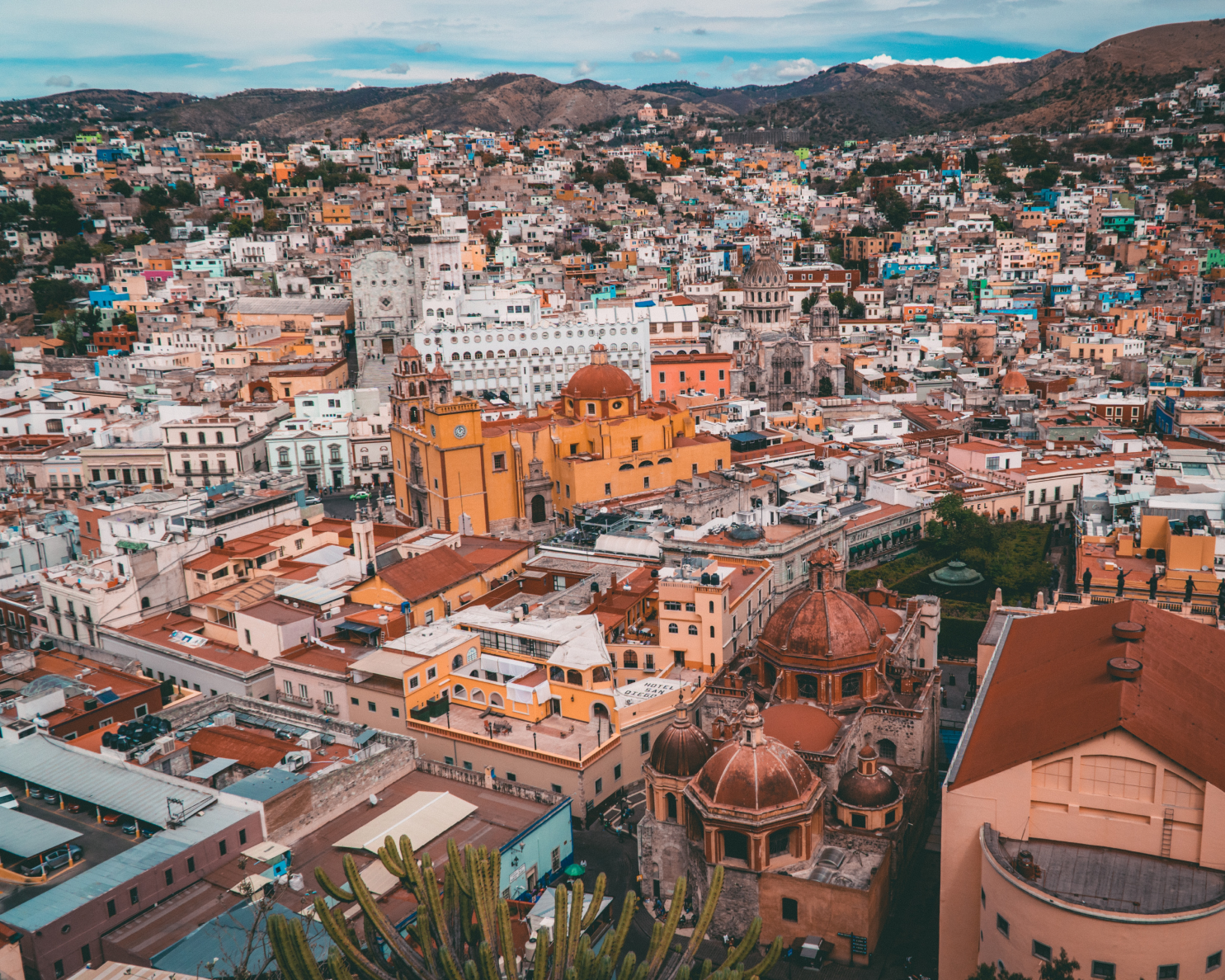Description
Property taxation is a revenue-raising instrument that many cities could develop as a significant source of finance. Property taxation can be progressive, physically tied to the locality, and relatively easy to collect compared with other forms of taxation.
Instrument category
Municipal own source revenue (OSR) and policy steering instruments
Implementation status
High - much evidence available
Enabling conditions and success factors
- Decentralisation and municipal own source revenue require clarity of spending responsibilities at the local level and political will at the national level.
- A robust cadastre is important as a basis for identifying property records. Digital solutions are increasingly important in this regard.
- There must be clarity as to sources and uses of funds as well as responsibilities for liabilities.
Instrument benefits
- Relatively easy to collect compared with other forms of taxation.
- Property tax can provide a reinforcing link with land value capture mechanisms.
- Taxing immobile assets is less likely to exacerbate regional inequalities, e.g. wealthier individuals moving to lower-income tax regions.
Challenges and risks to implementation
- Property tax collection may be costly to administer, particularly in developing countries.
- It can lead to liquidity problems for homeowners with valuable real estate assets but low incomes.
- Property tax administration requires costly revaluation of property regularly, and it is difficult to enforce because the confiscation of property may be considered too extreme because of the political fallout.
